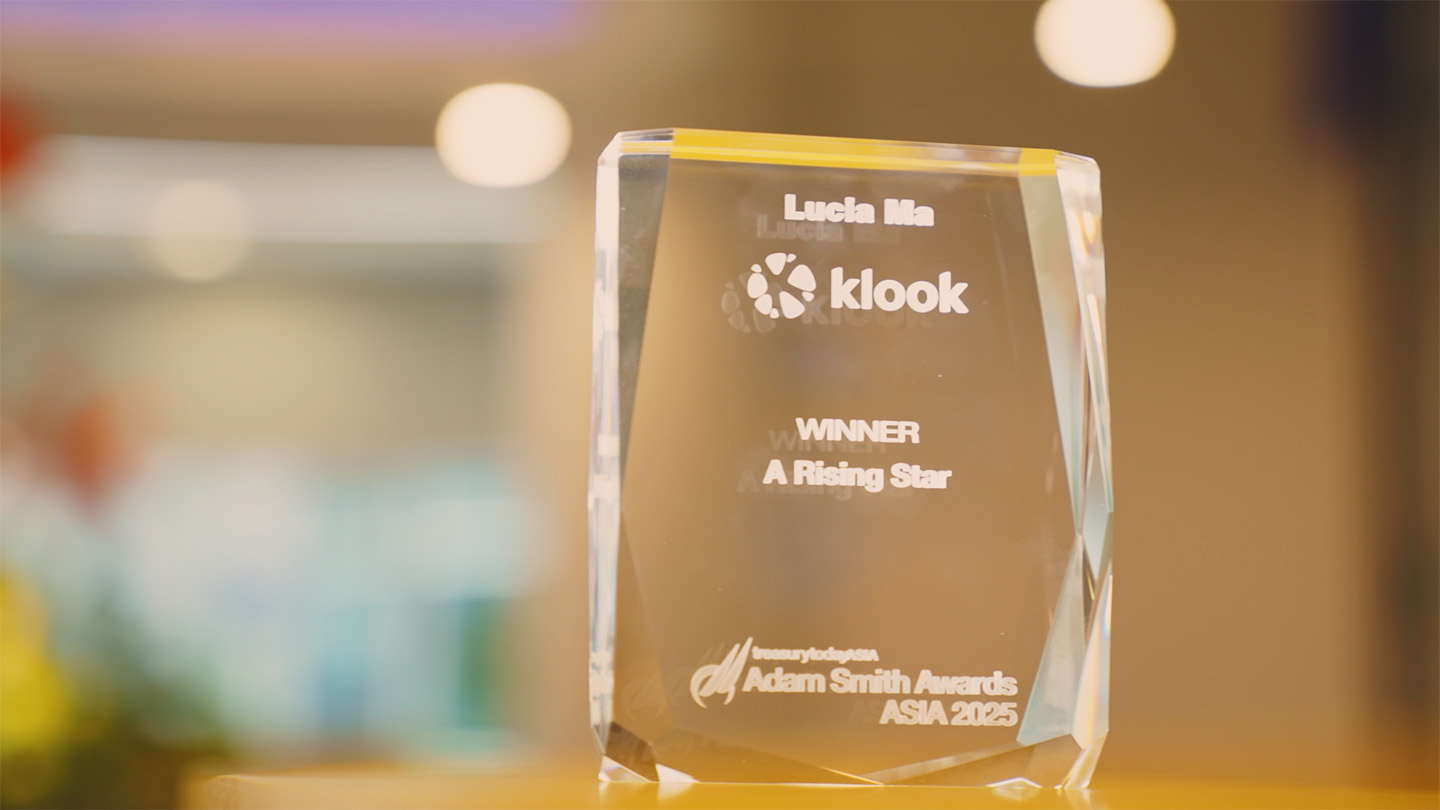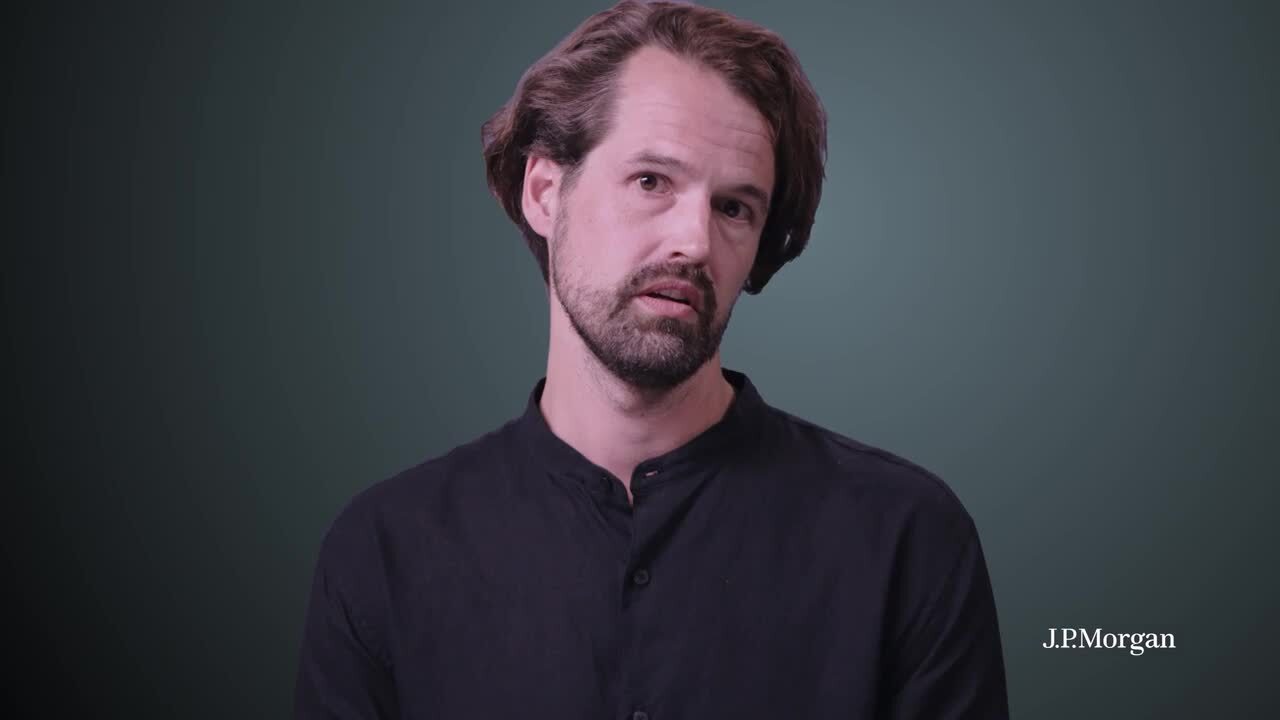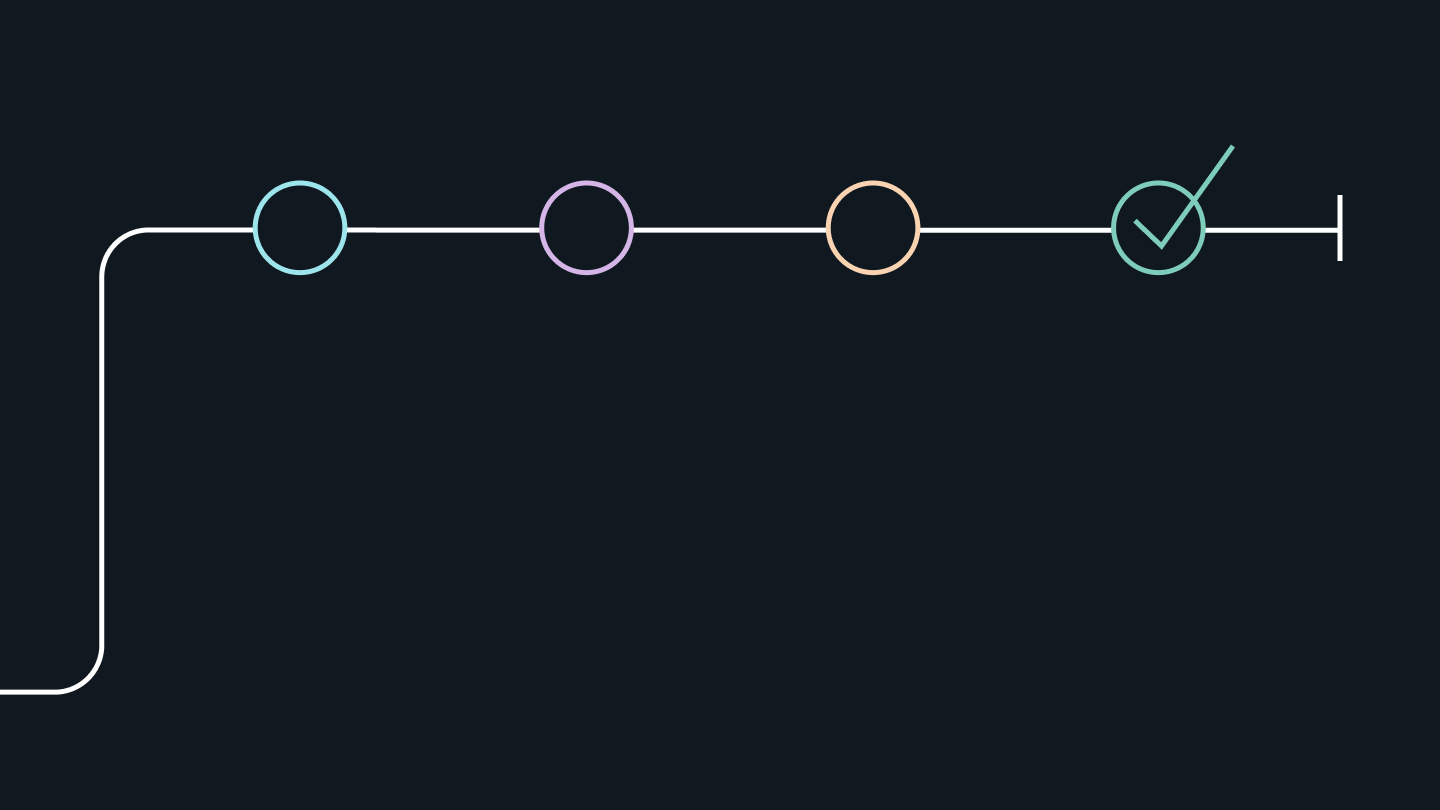
6 min read
Key takeaways
- The transition to ISO 20022 offers significant benefits, including improved reconciliation processes, reduced repairs, increased straight-through processing (STP), enhanced compliance capabilities, faster and more reliable payments, and better overall customer experience
- Financial institutions are urged to accelerate their ISO 20022 migration plans as the November 2025 deadline approaches
- J.P. Morgan is positioned as a leader in the industry, offering support and guidance to clients for a seamless transition, as the bank is an early adopter of CBPR+ and provides resources and expertise to assist with migration planning and implementation
Introduction
As the financial industry approaches a pivotal moment in payment messaging, the countdown to the end of coexistence with legacy MT payment instruction messages (MT103 and MT202) is well underway, including the removal of the MT102 (including STP and REMIT), MT201, and MT203 that will be non-acknowledged (NAK’ed) if sent after November 2025.
At J.P. Morgan, we are dedicated to easing the adoption of ISO 20022, a global standard that promises to revolutionize the way we conduct payments. With its richer, more explicit and structured data, ISO 20022 is set to enhance operational efficiency, provide increased control functions through better transparency and facilitate harmonization through interoperability across the payments landscape.
The benefits of ISO 20022
The transition to ISO 20022 is an opportunity to unlock significant benefits for financial institutions (FIs), non-bank financial institutions (NBFIs), corporates and their clients. The enhanced data capabilities of ISO 20022 allow for more detailed and structured information to accompany transactions. This means improved reconciliation processes, reduced repairs, increased straight-through processing (STP) and enhanced compliance capabilities. For clients, this translates into faster, more reliable payments and a better overall experience, and aligns with the G20 and the Committee on Payments and Market Infrastructures’ targets of increased speed, improved transparency and reduced costs.
The postal address format is one example of the evolution towards more detailed structured information in ISO 20022 messages. Currently, both fully structured and unstructured addresses are supported, with the unstructured format currently being more common due to its alignment with legacy MT formatting. The fully structured format, considered the ideal state, requires elements like town name and country while street name, building number and building name are optional. CBPR+ participants should be mindful of the address formatting timeline, as November 2025 will introduce a hybrid address format.
This hybrid format combines structured and unstructured elements, mandating town name and country to support functions like sanction screening, while allowing the rest of the address to remain unstructured. Starting November 2025, three postal address formats will be available: fully structured, hybrid and unstructured, but the unstructured format will be phased out by November 2026.
Implementing your migration plans
With the November 2025 deadline fast approaching, now is the time for FIs, NBFIs and corporates to accelerate their ISO 20022 migration plans. Swift has announced that disincentive charges will be introduced for institutions still sending MT messages after the deadline.1 Additionally, there will be charges for receivers utilizing Swift's translation services for receiving multiformat messages. These measures underscore the urgency of transitioning to ISO 20022 and the need for institutions to act swiftly.
Adopting sooner rather than later provides the benefit of:
-
Standardized messaging and structured data
-
Improved STP & faster payments
-
Reduced false positives
-
Improved control functions
Those who adopt late or not at all face:
-
Data truncation
-
Operational challenges
-
Business inefficiencies
-
Delayed screening
-
Slow processing
“The transition to ISO 20022 for cross-border payments is an essential step towards delivering end-to-end interoperability, frictionless payments and a best-in-class customer experience. There is strong momentum behind ISO 20022, with most of the world’s clearing systems already using, or working towards using the new standard by early 2025. Swift is looking forward to supporting our community to make the most of its richer, more structured data.”

Nicolas Stuckens
Head of ISO 20022 Adoption and Data Quality, Swift
It's not just payment messages that are migrating; Enquiry & Investigations (MT199 & MT299) will be replaced by camt.110 (enquiry) and camt.111 (response) by the November 2027 adoption deadline.2 Institutions should also begin planning their ISO 20022 reporting and advising adoption to leverage the enhanced ISO data for improved reconciliation and matching processes.
J.P. Morgan: A leader in the industry
At J.P. Morgan, we pride ourselves on being at the forefront of innovation in the payments industry. As a trusted advisor and partner, we are dedicated to supporting our clients through this transition. Our expertise and leadership in ISO 20022 adoption ensure that our clients are well-prepared to navigate the challenges ahead. We are committed to providing the tools, resources and guidance necessary to help make this transition as seamless as possible. As an early adopter of CBPR+ since March 2023, we have learned many valuable lessons. For additional guidance, see our ISO 20022: First 120 Days Live guide.
We understand the challenges that come with such a significant transition and are here to support you every step of the way. Our team of experts are ready to assist with migration planning, implementation and ongoing support to ensure a smooth transition.
For additional insight into ISO 20022 migration and to help address some of your questions and challenges, check out our FAQ webpage.
“ISO 20022 is the biggest change in high-value and cross-border payments in the last 40 years and we should all be seizing the opportunities that it presents, especially when it can help towards the G20 goals of make payments faster, cheaper and more transparent.”

Colin Williams
Global Lead for Clearing Transformation, J.P. Morgan
A call to action
If your institution has not yet started your ISO 20022 migration plans, now is the time to act. The successful implementation of ISO 20022 will open the door to a brighter future for payments.
At J.P. Morgan, we are excited about the opportunities that ISO 20022 presents and are dedicated to helping our clients and partners realize the full potential of this new standard. Together, we can lead the industry into a new era of payments excellence.
Contact your J.P. Morgan representative to learn more.
Contributors

Justin Brearley-Smith
ISO 20022 Global Product Lead, J.P. Morgan Payments
JPMorgan Chase Bank, N.A. Member FDIC. Deposits held in non-U.S. branches are not FDIC insured. Non-deposit products are not FDIC insured. The statements herein are confidential and proprietary and not intended to be legally binding. Not all products and services are available in all geographical areas. Visit jpmorgan.com/paymentsdisclosure for further disclosures and disclaimers related to this content.







